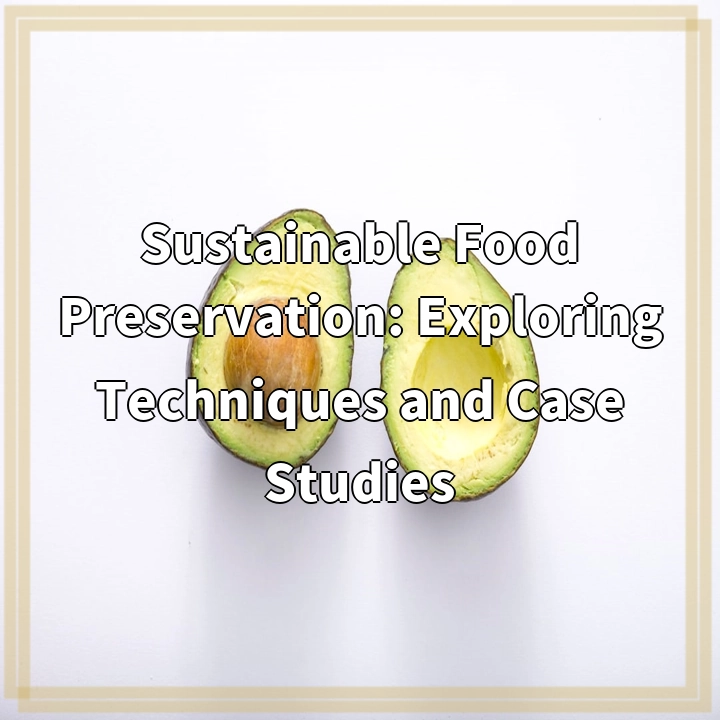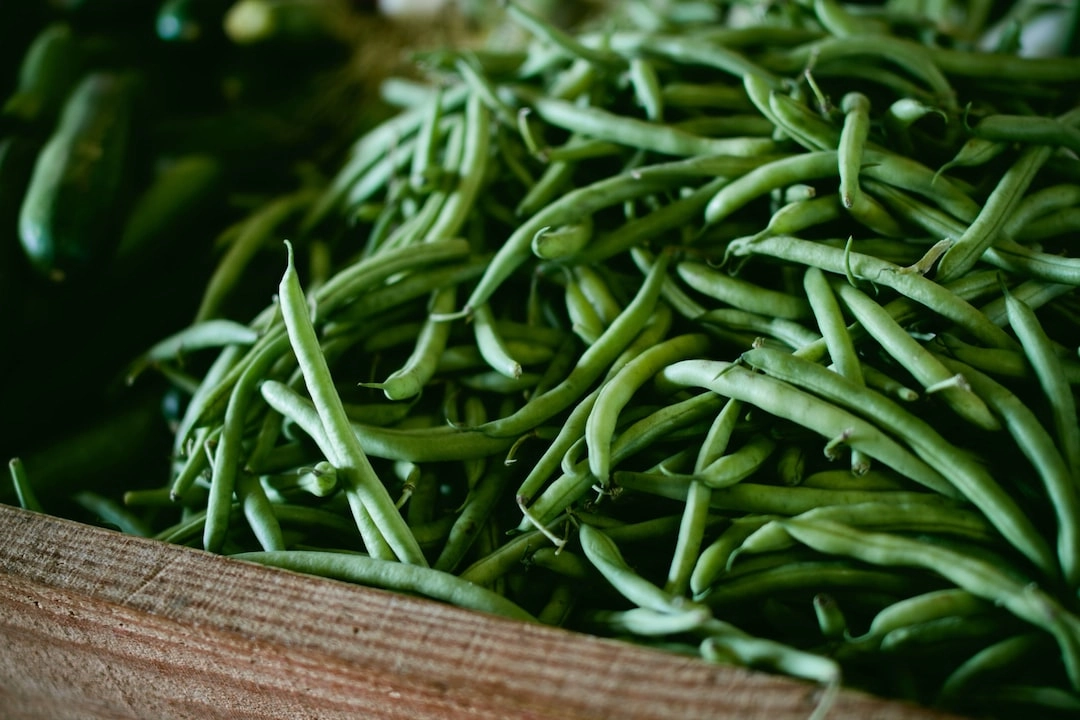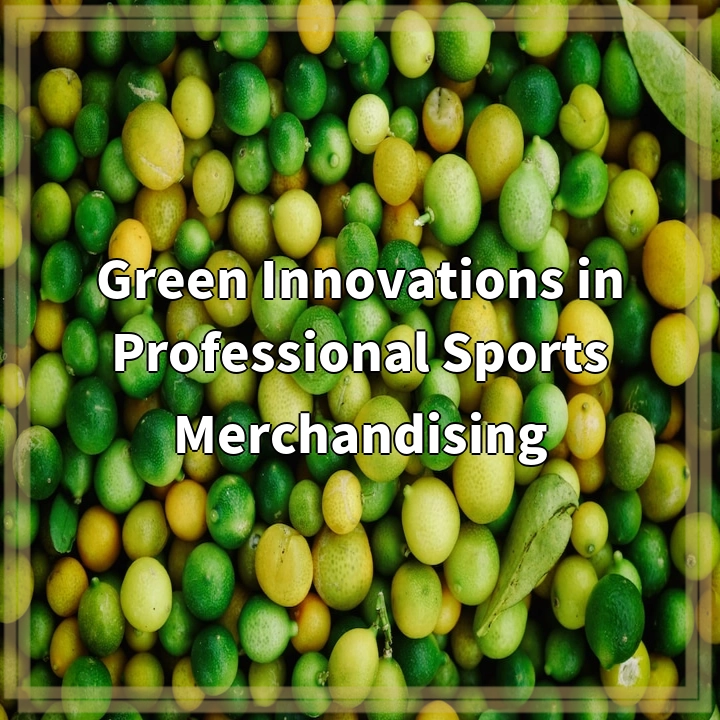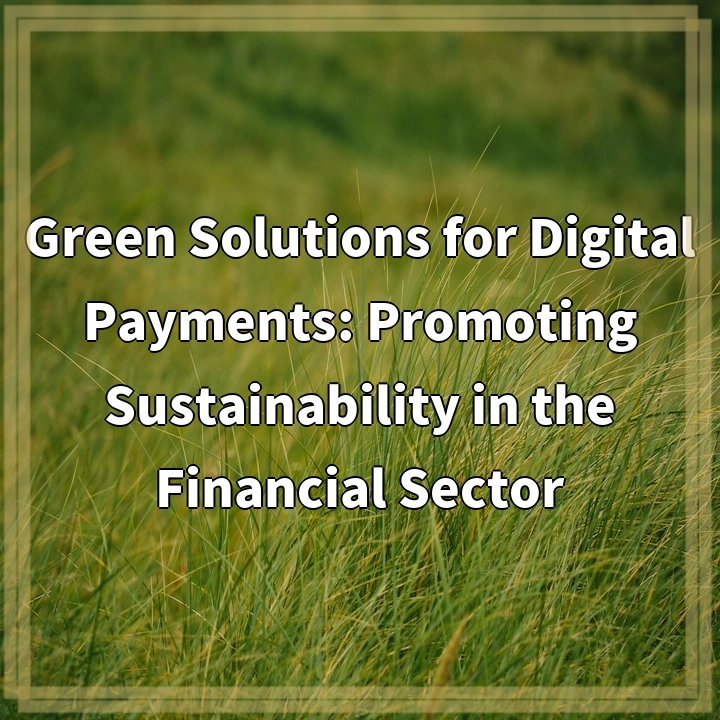
What is Sustainable Food Preservation?
Sustainable food preservation refers to the practice of extending the shelf life of food while minimizing its environmental impact. It involves using techniques and methods that reduce food waste, conserve resources, and promote long-term sustainability in the food system.
Real-World Problems Associated with Sustainable Food Preservation
1. Food Waste
The global issue of food waste poses a significant challenge to sustainable food preservation. Approximately one-third of all food produced worldwide is wasted, leading to environmental degradation and contributing to greenhouse gas emissions. Sustainable preservation techniques aim to minimize food waste by maximizing the use of edible portions and reducing spoilage.
2. Energy Consumption
Traditional food preservation methods often require high energy consumption, which is not sustainable in the long run. Techniques such as freezing or canning can be energy-intensive, contributing to carbon emissions and environmental pollution. Sustainable preservation methods focus on minimizing the use of energy through alternative approaches such as solar drying, fermenting, or using natural preservatives.
3. Chemical Additives
In some cases, conventional preservation techniques rely heavily on chemical additives, such as synthetic preservatives or artificial colors, which can have negative health and environmental impacts. Sustainable food preservation aims to reduce reliance on these additives by exploring natural alternatives or developing innovative technologies that maintain food quality without compromising safety.
4. Limited Access to Preservation Methods
In many regions, particularly in developing countries or remote areas, limited access to modern food preservation methods hinders food security and contributes to increased food waste. Sustainable preservation techniques should focus on developing affordable and accessible solutions that can be implemented in diverse socio-economic and geographical contexts.
5. Packaging Waste
The use of excessive and non-recyclable packaging materials in food preservation can lead to substantial waste generation and environmental pollution. Sustainable preservation practices encourage the use of eco-friendly packaging materials and innovative solutions, such as compostable or biodegradable packaging, to minimize waste and reduce the overall environmental footprint.
By addressing these real-world problems associated with sustainable food preservation, we can make significant progress towards creating a more resilient and environmentally friendly food system.

Solutions to Real-World Problems in Sustainable Food Preservation
1. Food Waste
Implementing efficient food management strategies, such as improved storage and inventory management, can help reduce food waste. Additionally, promoting consumer education on proper storage and meal planning can minimize unnecessary food spoilage.
2. Energy Consumption
Exploring alternative energy sources, such as solar or wind power, for food preservation processes can significantly reduce energy consumption. Additionally, adopting energy-efficient technologies and practices, such as using insulated storage facilities or optimizing refrigeration systems, can help minimize environmental impact.
3. Chemical Additives
Focusing on natural preservation methods, such as fermentation, pickling, or using natural antimicrobial agents like vinegar or citrus extracts, can reduce the need for chemical additives. Investing in research and development of safe and sustainable food preservation technologies can also provide alternatives to synthetic preservatives.
4. Accessible Preservation Methods
Developing and promoting simple and affordable preservation methods, such as solar drying, traditional pickling, or root cellaring, can ensure wider access to food preservation techniques. Providing educational resources and training programs can further empower communities to adopt these methods and reduce food waste.
5. Packaging Waste
Promoting the use of sustainable and recyclable packaging materials, such as bioplastics or compostable packaging, can help minimize packaging waste. Encouraging a shift towards bulk buying, reusable containers, or package-free shopping can also play a vital role in reducing overall packaging waste.
By implementing these solutions, we can make significant strides towards a more sustainable and resilient food preservation system, reducing waste and minimizing environmental impact.















